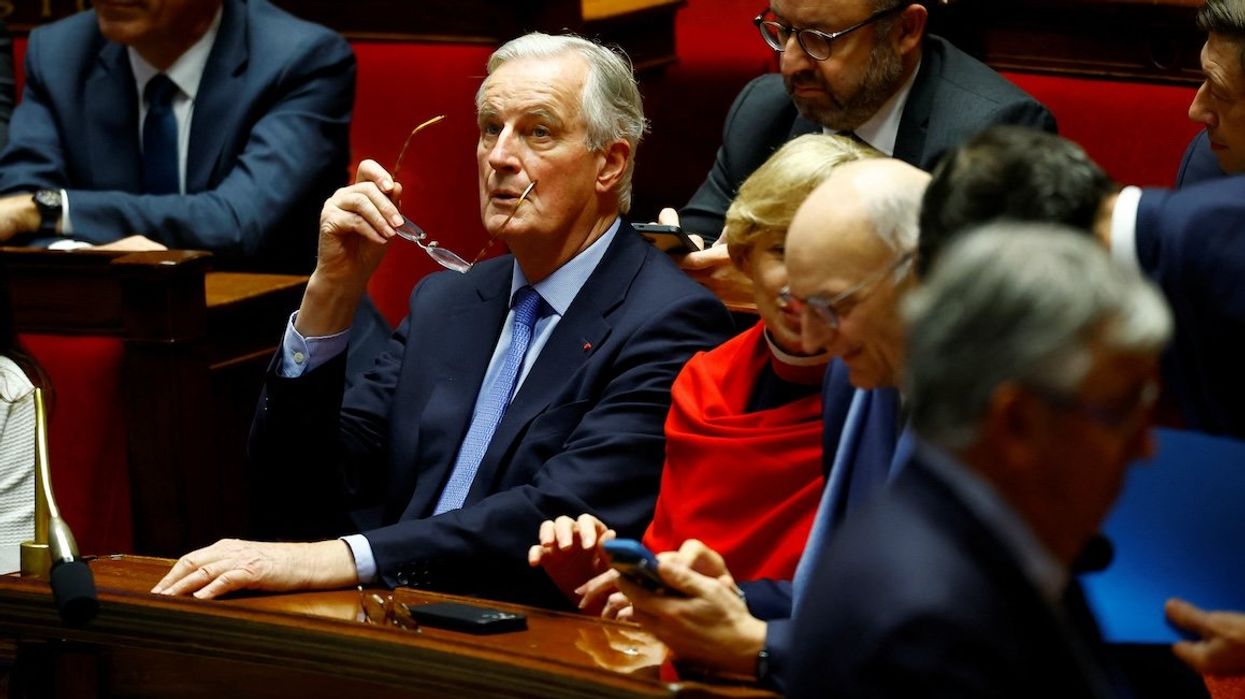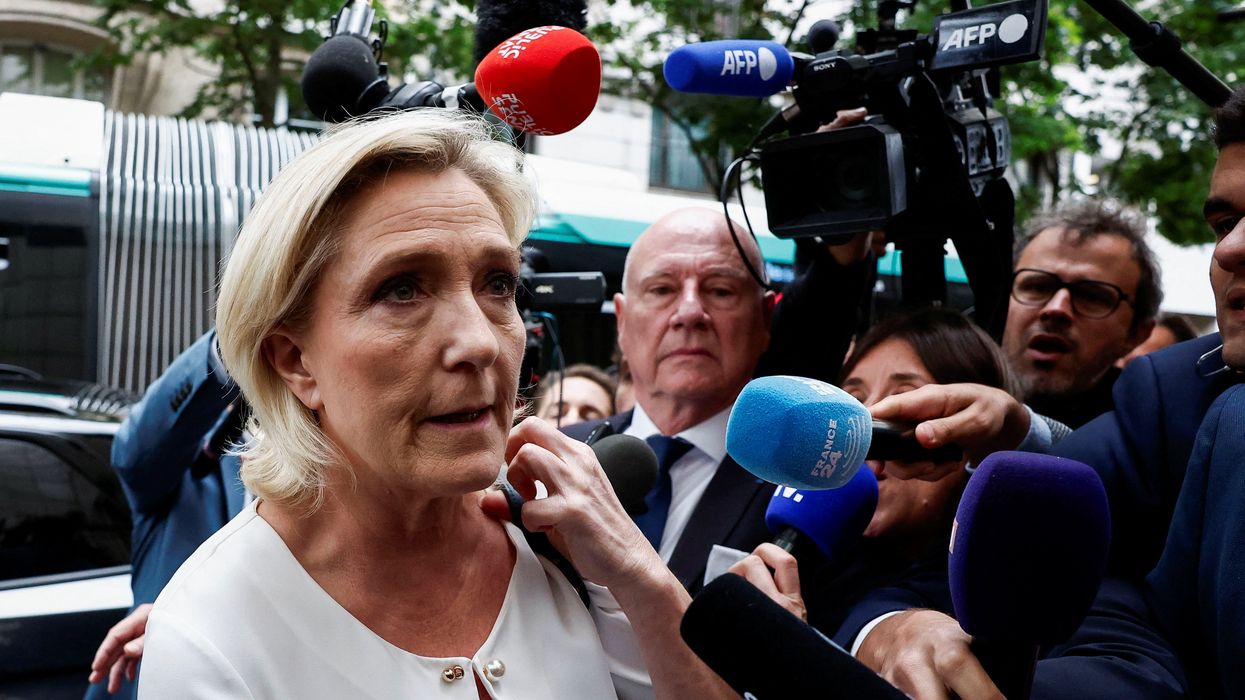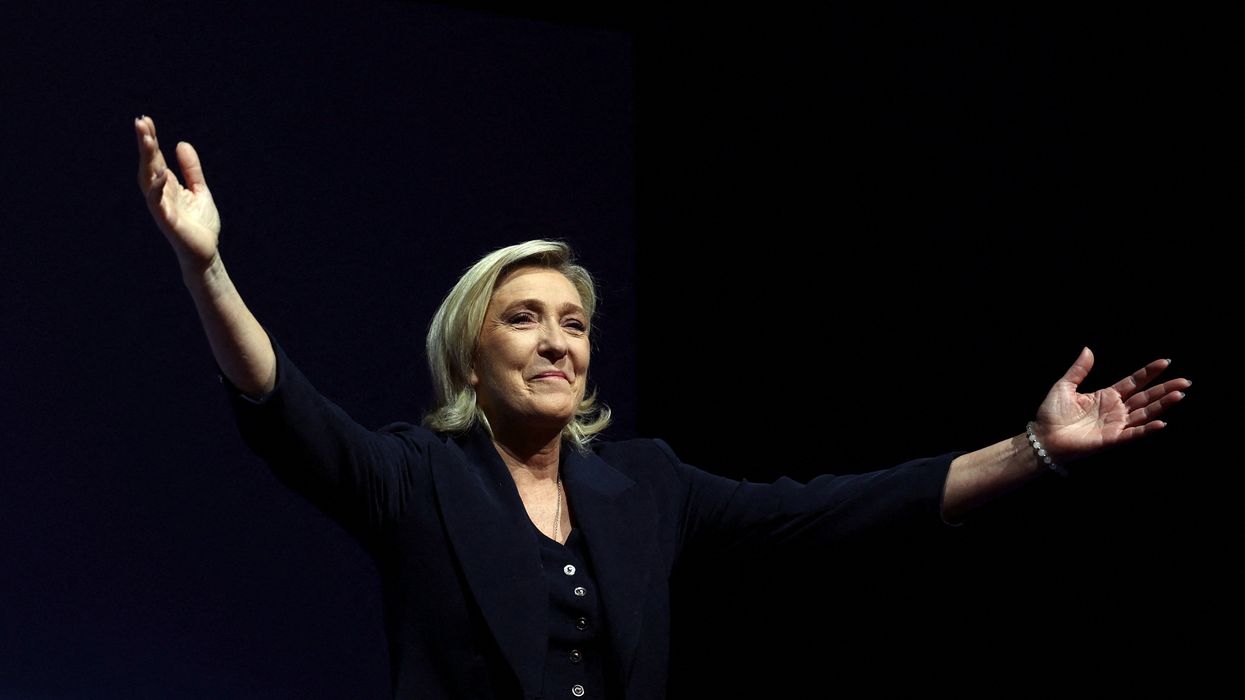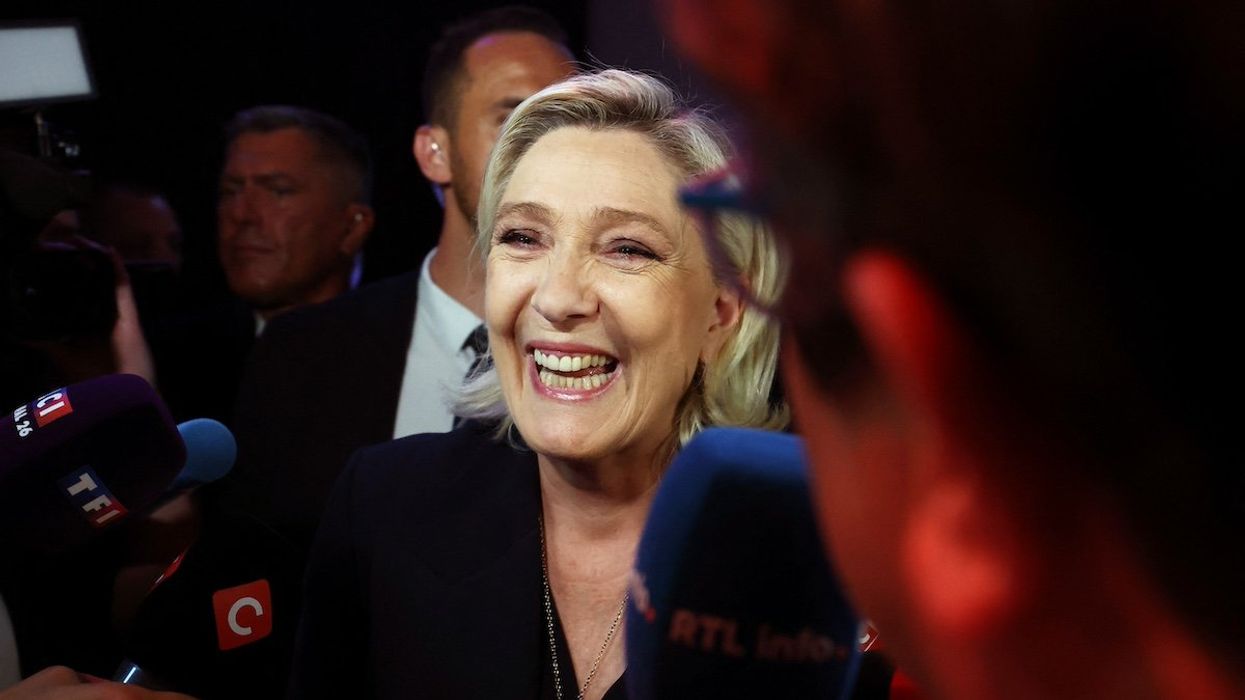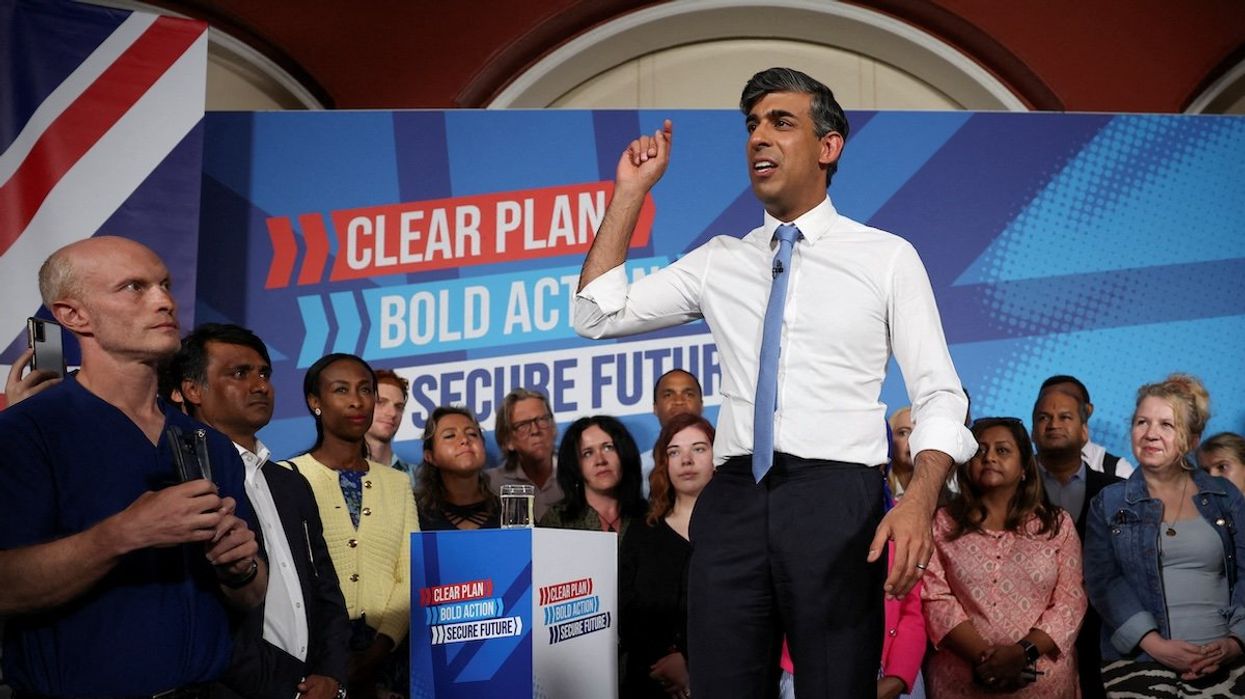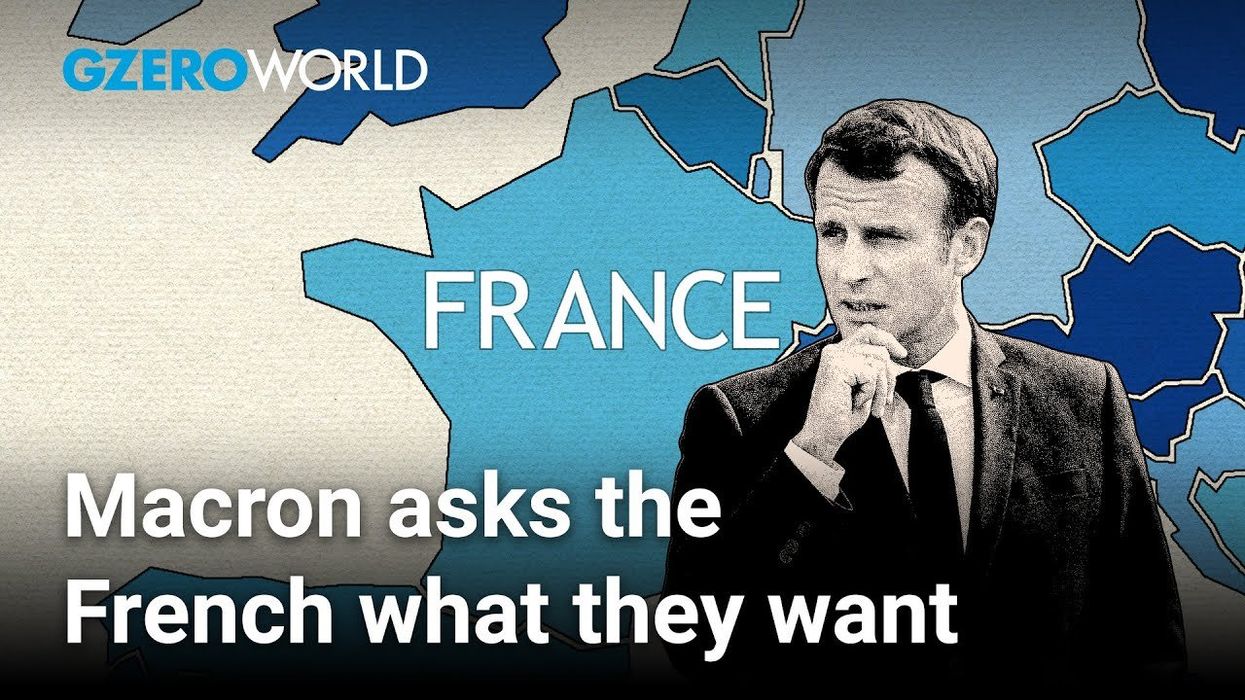Quick Take
Will Marine Le Pen's conviction really keep her out of French politics?
France's 2027 election just took a twist with Marine Le Pen's conviction. But is she really out of the 2027 race? What does it mean for Europe's political landscape? Ian Bremmer analyzes the fallout in this Quick Take.
Mar 31, 2025

